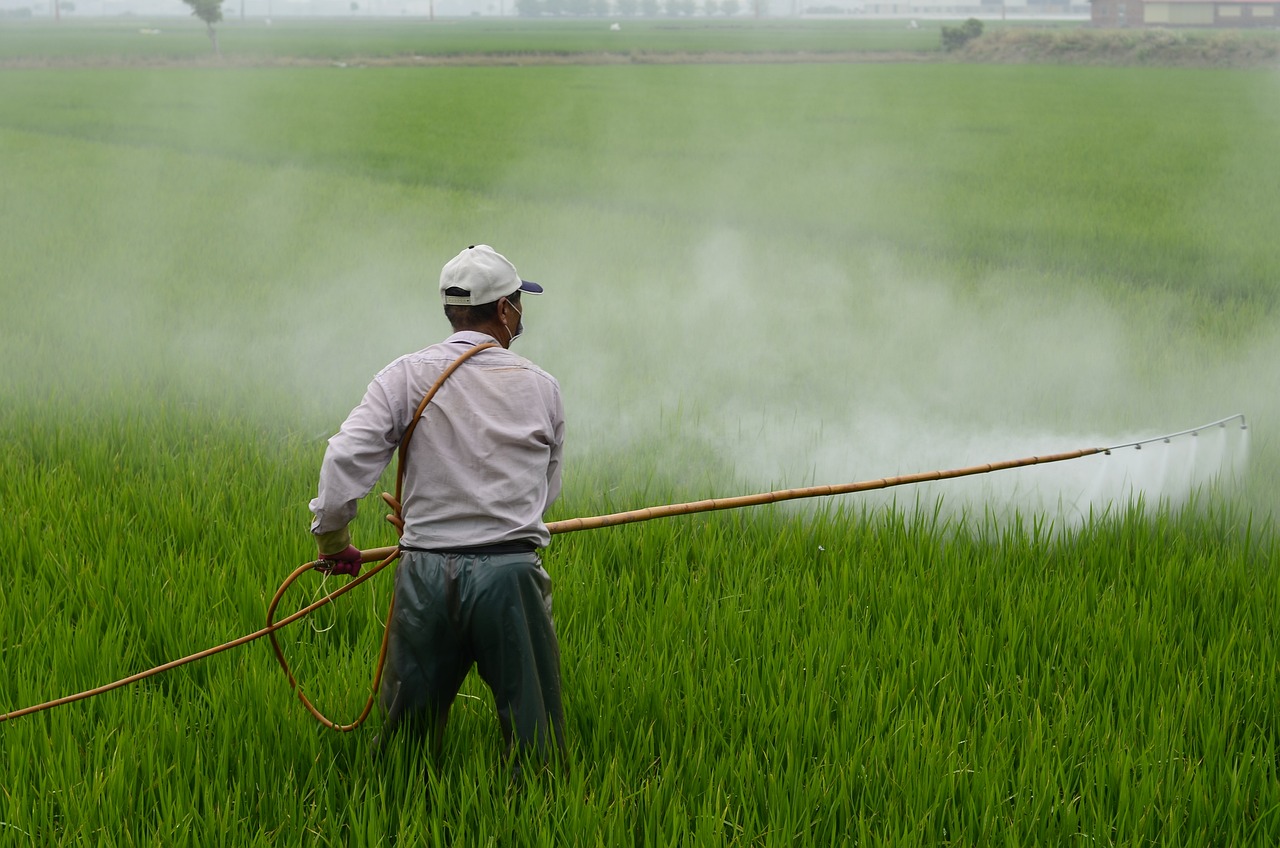The workshop focused on key topics such as the Montreal Protocol and Kigali Amendments, the review of the National Cooling Action Plan, gender issues in environmental contexts, and compliance and enforcement strategies for licensing and quota systems related to controlled substances under the Montreal Protocol.
Following extensive deliberations, workshop participants, including CEJAD, put forth several important recommendations. They suggested implementing Extended Producer Responsibility (EPR) to ensure that producers take responsibility for managing gases, particularly at the end-user stage, acknowledging the current challenges in enforcement. Additionally, they proposed integrating environmental education into Kenya's educational curriculum to enhance public awareness about environmental issues, recognizing the NACODS Committee as pivotal for effectively integrating environmental studies into education.
The workshop highlighted the importance of gender mainstreaming in environmental initiatives, emphasizing inclusive engagement across all stages of data collection, analysis, policy-making, and decision-making. Members underscored the need for comprehensive training for customs and other frontline agencies to strengthen their capacity in combating and managing Ozone Depleting Substances (ODS).
Furthermore, participants recommended aligning efforts between the Multi-Sectoral Committee on Sound Chemicals Management (MCSCM) and NACODS, particularly in drafting a holistic Chemical Policy that addresses ODS and broader chemical management challenges. They also advocated for specialized technical training for mechanics handling air conditioning systems to effectively reduce ODS emissions.
Lastly, CEJAD and other members emphasized the importance of establishing a knowledge management system within NACODS to facilitate clear communication on the relevance and application of international agreements such as the Montreal Protocol and Kigali Amendment within Kenya. They stressed the urgency of developing and submitting a focused implementation plan for the Kigali Amendment to ensure timely compliance with treaty obligations.
In summary, the workshop outcomes underscored the critical role of collaboration, education, gender equity, and robust policy frameworks in addressing environmental challenges, particularly those concerning ozone-depleting substances and chemical management in Kenya.







